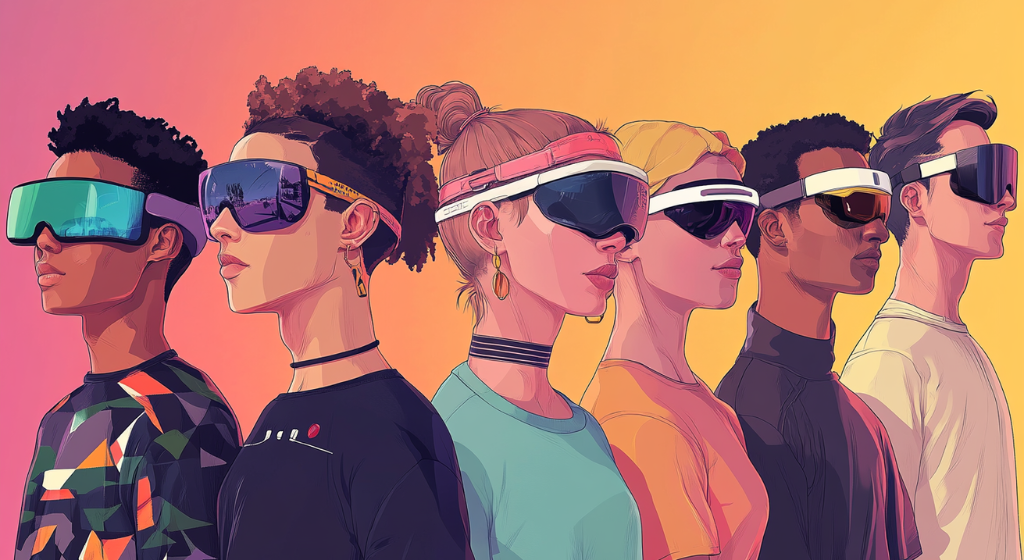
CES 2025 is set to showcase a wave of AI-powered wearables and gadgets, but as AI becomes an expected feature rather than a novelty, the real challenge lies in proving their practicality, differentiating from big tech and offering real value beyond the hype. (Source: Image by RR)
Startups Struggle to Compete as AI Shifts from Revolutionary to Routine
As CES 2025 approaches, the tech world gears up for another showcase of AI-driven innovation. The annual consumer tech event, kicking off on January 7 in Las Vegas, will highlight the latest gadgets, many of which are infused with artificial intelligence. While AI has dominated previous CES events, this year’s focus is shifting towards integrating AI into existing devices rather than unveiling standalone AI hardware. Industry experts predict an influx of AI-powered wearables, including smart glasses, AI-enhanced earbuds, and even unconventional devices like AI-driven sex toys.
The AI boom of 2024, as reported in wired.com, was led by industry giants like OpenAI, Google, and Meta, leaving smaller startups scrambling for relevance. Many companies attempted to capitalize on AI hype by embedding chatbots and generative models into hardware, but not all succeeded. While devices like the Humane AI Pin and Rabbit R1 generated excitement, their real-world utility remained limited. Startups now face the challenge of proving why AI-specific hardware is necessary when most smartphones already offer similar AI-powered capabilities. CES will likely showcase both practical innovations and AI gimmicks as companies attempt to carve out a niche in an increasingly saturated market.
Despite AI’s ubiquity, the challenge for wearable tech remains differentiation. The Ray-Ban Meta smart glasses have succeeded by offering AI as a secondary feature rather than the main selling point. Meanwhile, smaller manufacturers must compete not just with big tech but also with the growing skepticism of consumers. Privacy may become a key selling point, with startups like Even Realities and Looktech.AI offering AI-powered wearables that prioritize user security over data collection. However, without compelling use cases, many AI gadgets may struggle to gain widespread adoption beyond early adopters and tech enthusiasts.
As AI transitions from a market differentiator to an expected feature, the focus is shifting to what AI can actually do for users. Industry analysts suggest that AI’s true impact will come from enhancing existing workflows and improving daily convenience rather than simply acting as a selling point. While CES 2025 will undoubtedly be packed with AI-powered wearables and devices, the real winners will be those that provide tangible value beyond just having AI capabilities. The future of AI hardware hinges on practicality—offering users meaningful benefits rather than just another AI-driven gimmick.
read more at wired.com







Leave A Comment